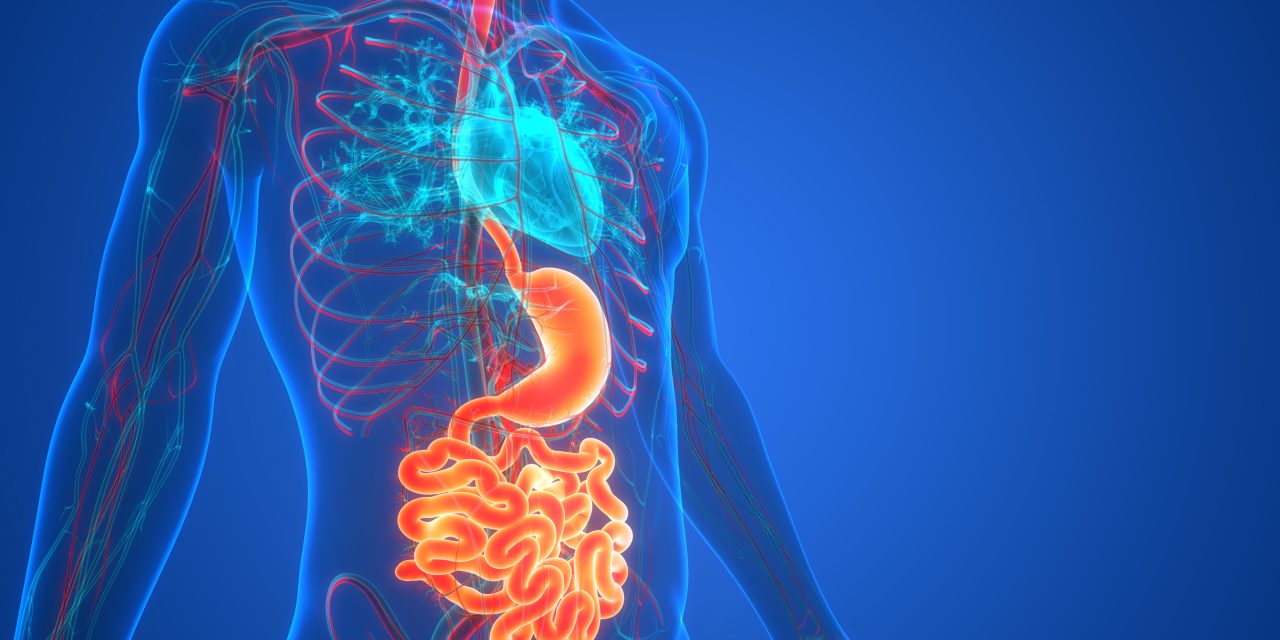Colorectal cancer (CRC) is one of the most common cancers worldwide. Corylin is an isoflavone extracted from Cullen corylifolium (L.) Medik., which is widely used anti-inflammatory and anticancer in Asian countries. Signal transducer and activator of transcription 3 (STAT3) plays an important role in the occurrence and development of CRC.
To analyze the antitumor activity of corylin in CRC and to elucidate its molecular mechanisms of action.
The human CRC cell lines HCT116, RKO, and SW480 and immunodeficient mice were used as models to study the antitumor effect of corylin. The potent anti-proliferative, anti-migration and proapoptotic effects of corylin were observed by cell viability, colony formation assays, wound-healing migration assay, and cell apoptosis assay. Immunostaining analysis and western blot analysis revealed inhibition of the STAT3 signaling axis.
We found that corylin could significantly reduce the viability and stimulate apoptosis in human CRC cells in a dose-dependent manner. Corylin decreased the expression levels of P-STAT3 and STAT3 target proteins, such as myeloid cell leukemia-1(MCL-1), Survivin, VEGF and B-cell lymphoma 2 (BCL-2). It also upregulated the expression levels of the proapoptotic proteins BCL-2-associated X protein (BAX) and Cl-caspase 3. Moreover, corylin reduced the nuclear localization of STAT3. Furthermore, corylin inhibited the growth of the tumor in CRC mouse models.
Our findings provide convincing results that could support the role of corylin in the treatment of CRC through inhibiting the STAT3 pathway. It is conceivable that corylin should be further explored as a unique STAT3 inhibitor in antitumor therapy.
Copyright © 2020. Published by Elsevier GmbH.
Effect of the isoflavone corylin from cullen corylifolium on colorectal cancer growth, by targeting the STAT3 signaling pathway.


